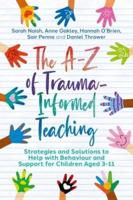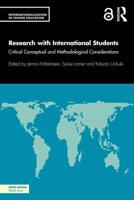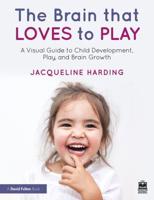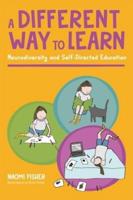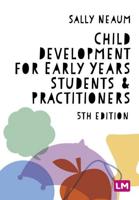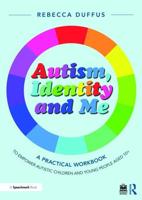Publisher's Synopsis
One of the biggest challenges of the new millennium is to provide access to basic education for the approximately 840 million adults in the world who cannot read or write and to ensure that all the world's children get some form of primary education. It is increasingly accepted that non-formal education has an important role to play in achieving this. Non-formal education, because of its diversity and flexibility, can make a special contribution to the quality of provision of education, not just by making it available, but also accessible, acceptable and adaptable. This book reproduces papers presented at the 2003 symposium of the Association for the Development of Education in Africa's Working Group on Non-Formal Education, with an overview summarising its discussions and findings. It makes the case for the complementarity of non-formal and formal provision and the need to mainstream non-formal education into the education system as a whole. Includes case studies from seven African countries showing the diversity and potential of non-formal education initiatives.

